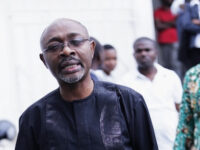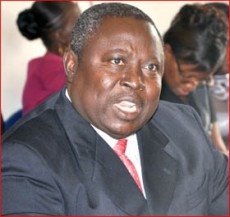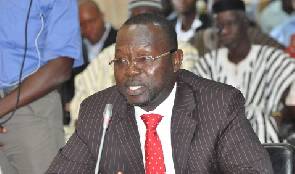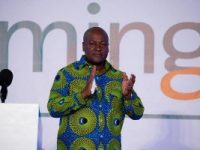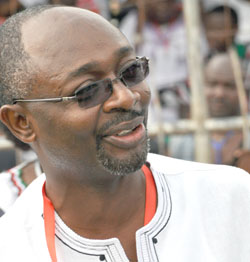 The government has begun valuation of the properties belonging to businessman Alfred Woyome as it seeks to retrieve the GHC 51 million judgment debt wrongfully paid him.
The government has begun valuation of the properties belonging to businessman Alfred Woyome as it seeks to retrieve the GHC 51 million judgment debt wrongfully paid him.
According to sources at the Attorney General’s office, some security personnel and officials from the Ghana Valuation Board were sent to the Trassaco residence of Mr. Woyome to value the property.
The source further indicated the action is part of processes to furnish the Supreme Court with concrete evidence in the ongoing oral examination of Mr. Woyome over his capability to refund of money.
The state has been hounding Mr. Woyome since 2012 the GHc51 million paid him in a default judgment in 2010.
He has appeared to be orally examined by the Attorney General’s office on issues pertaining to whether he owes any debts, whether he has property to satisfy the debt, and the manner in which he used the judgment debt money paid him, among others.
This appearance saw Mr. Woyome reveal he had been out of business since 2012, as he lost all his businesses after his arrest in 2011 and subsequent trial.
Background to saga
Mr. Woyome was paid the GHc 51 million after claiming he helped Ghana raise funds to construct stadia for the hosting of the 2008 African Cup of Nations.
However, an Auditor General’s report released in 2010, held that the amount was paid illegally to him.
Subsequently, the Supreme Court in 2014 ordered Mr. Woyome to pay back the money, after Martin Amidu, challenged the legality of the payments.
Following delays in retrieving the money, Supreme Court judges unanimously granted the Attorney General clearance to execute the court’s judgment, ordering Mr. Woyome to refund the cash to the state.
There had been previous attempts to orally examine Mr. Woyome, with Mr. Amidu himself, in 2016, filing an application at the Supreme Court to find out how the businessman was going to pay back the money. This came after the Attorney General’s office under the Mahama Administration, led by the former Minister for Justice, Marietta Brew Appiah-Oppong, discontinued a similar application.
In February 2017 however, Mr. Amidu withdrew his suit seeking an oral examination, explaining that the change of government and the assurance by the new Attorney General to retrieve all judgment debts wrongfully paid to individuals, had given him renewed confidence in the system.
